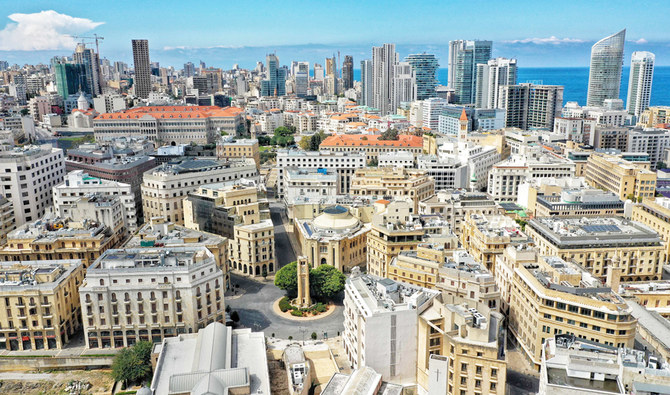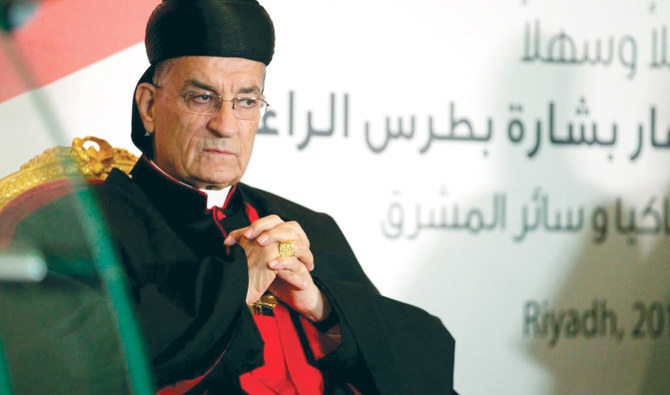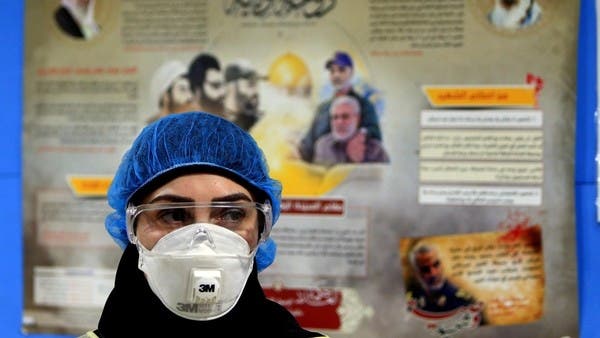
by NAJIA HOUSSARI — arabnews.com — BEIRUT: The Lebanese Ministry of Health’s scientific committee has recommended that flights from London to Beirut be suspended for a few days pending more information on the new strain of COVID-19 found in Britain. The committee recommended that expatriates heading to Lebanon for the holidays change their route if they were traveling through London and commit to mandatory home quarantine for five days, after which they must take a PCR test. The preventive measures were applied during the legislative session of parliament on Monday at the UNESCO palace instead of the parliament headquarters. This is because the palace’s hall is more spacious, allowing for the application of social-distancing measures. In addition, members of parliament and the attendees wore face coverings throughout.
Parliament also passed a law to ratify the proposal to lift banking secrecy for anyone involved in public affairs. Parliament, according to Speaker Nabih Berri, issued a decision that all state bodies, including the Banque du Liban, the ministries, departments and public institutions, are subject to a financial or forensic audit in response to a letter from President Michel Aoun to parliament. Parliament recommended this decision in a previous session. Berri said: “Parliament cannot respond to Aoun’s message with a law.” Parliament referred the bill — aimed at recovering cash and financial portfolios transferred abroad — to the joint committees, provided it was completed within 15 days. The move led to a loss of the impetus on which parliament is counting to recover stolen money transferred abroad. Caretaker Minister of the Displaced Ghada Shreim said: “We had hoped to pass the bill to retrieve the money transferred abroad after Oct. 17 instead of referring it to the committees. Recovering these funds is the first step on a long road.” Parliament also passed a law for the first time punishing sexual harassment, especially in the workplace, and another amending the law to protect women and other family members from domestic violence. Claudine Aoun, president of the National Commission for Lebanese Women, described the move as a positive step to protect women from sexual harassment and domestic violence.




![Palestinian children can be seen doing their homework in their makeshift home in one of the poorest neighbourhoods in Gaza [Ezz Zanoun/Apaimages]](https://www.middleeastmonitor.com/wp-content/uploads/2017/11/2017_9-8-gazaEZZ_00-22.jpg)





